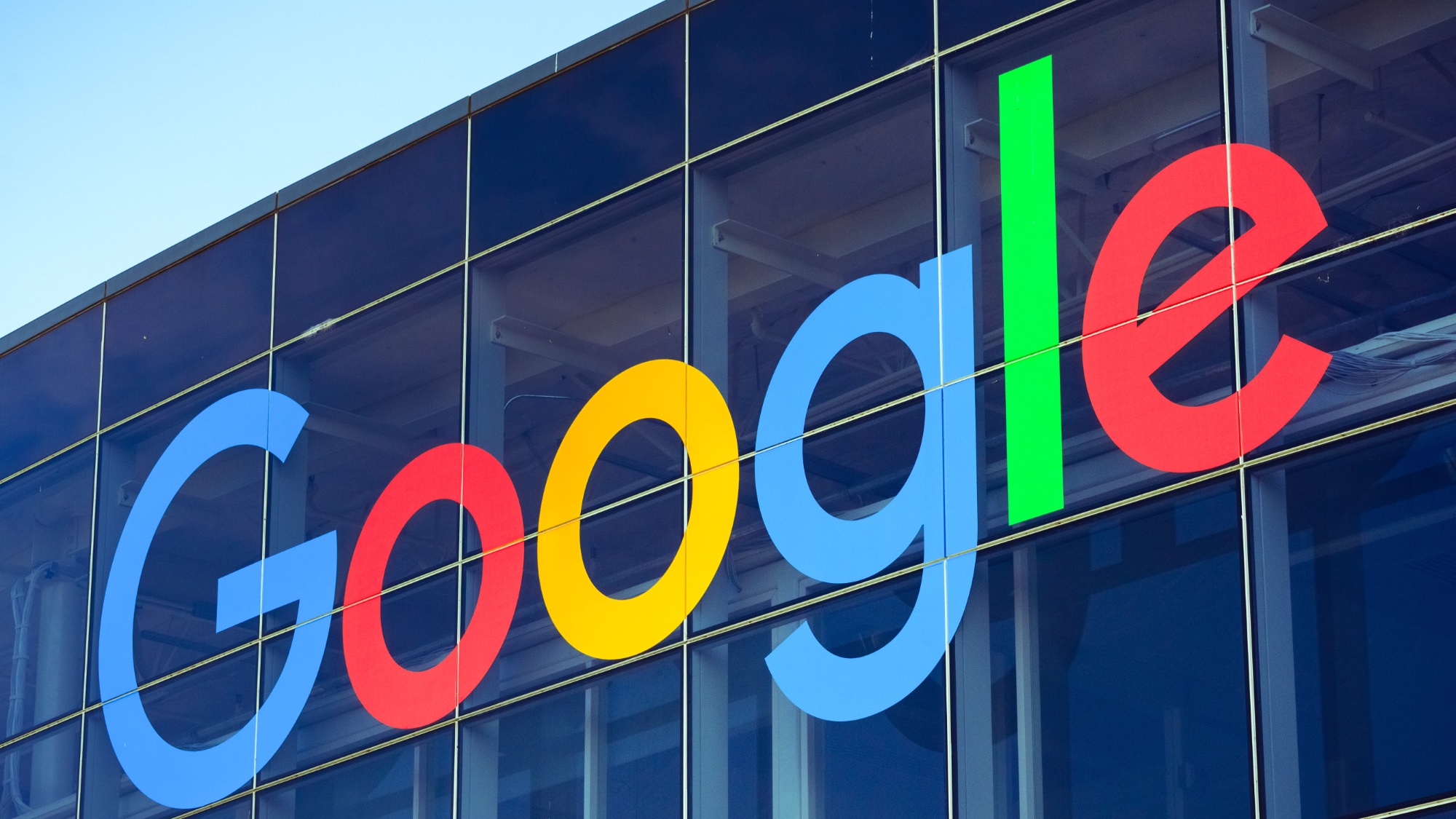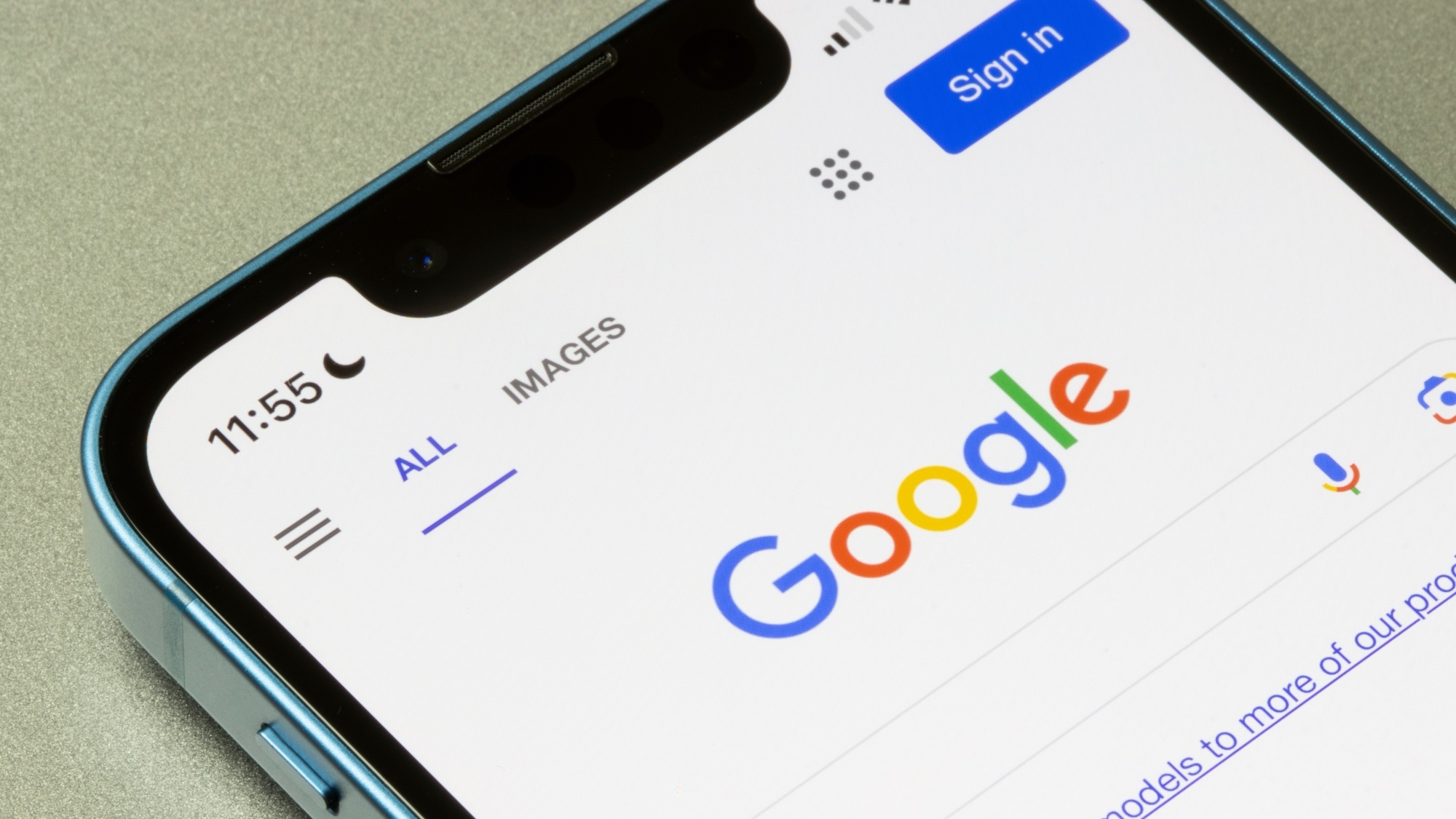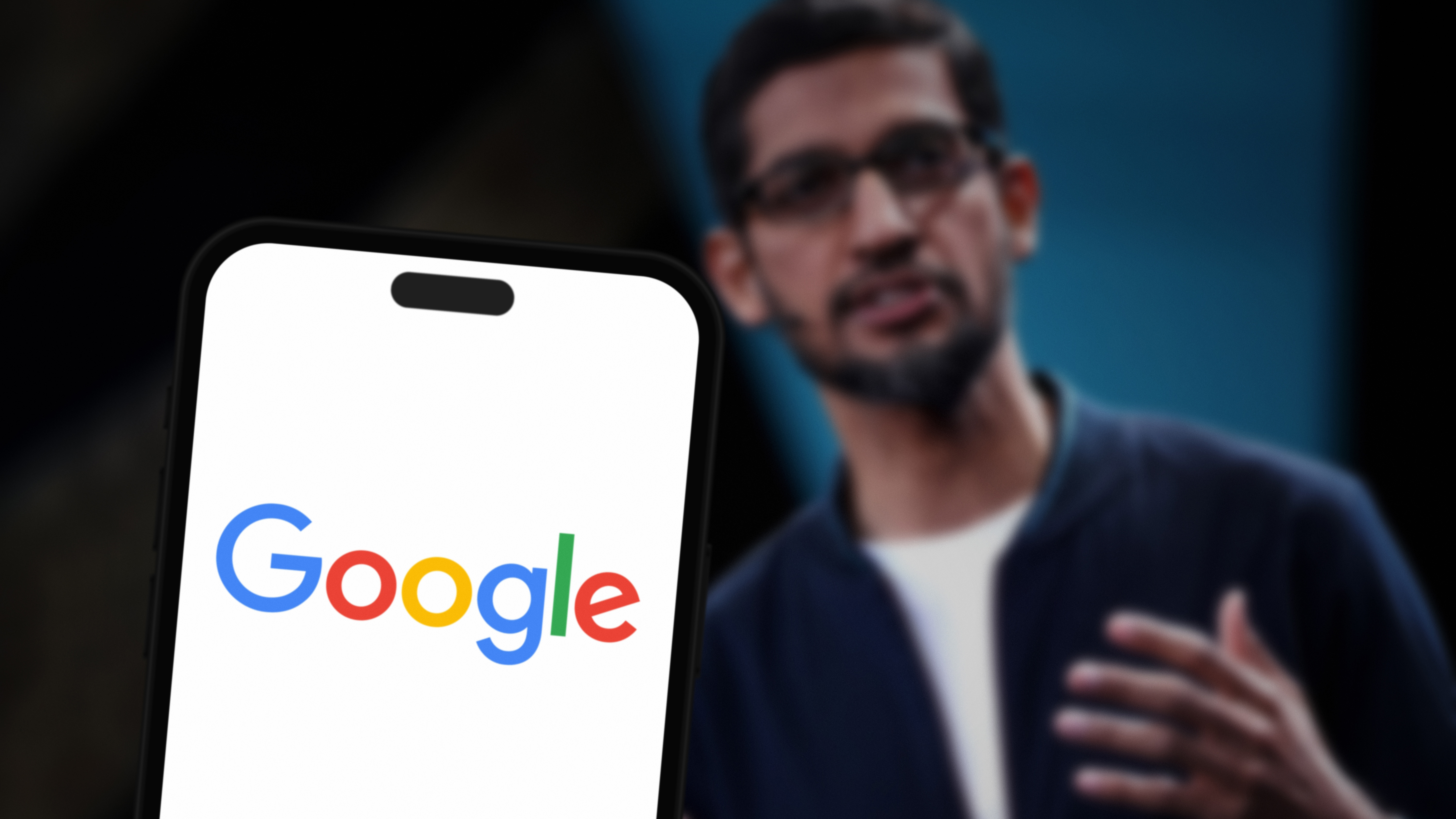Google declared a monopoly — here's what happens next
This is a big decision that could have lasting consequences

Google has been dealt a serious blow in its ongoing antitrust lawsuit, originally filed by the U.S. federal government in 2020. Federal judge Amit Mehta ruled that Google had violated Section 2 of the Sherman Act, concluding that Google is a monopolist that has spent billions of dollars trying to maintain that monopoly.
Not only is it extremely rare for a major corporation to be formally ruled to be illegally operating a monopoly, but it’s been hinted by antitrust officials that a possible Google breakup could be on the cards. It all depends on the outcome of the remedy phase, which will see Google appeal the ruling and a trial to determine how the search giant should be punished.
So what happens next?
What laws did Google break?

The ruling is that Google has violated section 2 of the Sherman Act, an antitrust law that’s been on the books since 1890 — specifically designed to outlaw monopolistic practices and encourage competition. The specific charges were that Google had violated two key areas of the Act: general search services and general text advertising via exclusive distribution agreements.
Part of the latter involves exclusive contracts Google has with Apple, which received billions of dollars in exchange for Google being the default search engine on Apple phones and browsers — a deal that reportedly cost Google $26.3 billion in 2021.
Microsoft was previously charged with violating similar laws in the late ‘90s, having been accused of monopolizing the web browser market in Windows. It was originally ruled that Microsoft had operated an illegal monopoly, though this decision was overturned in appeals with Microsoft and settling the case out of court.
Judge Mehta’s ruling praised Google for its engineering skill and the investment it made in search. However, he noted that the company’s exclusive deals gave it an unseen advantage that other search engines didn’t have — default distribution.
Sign up to get the BEST of Tom's Guide direct to your inbox.
Get instant access to breaking news, the hottest reviews, great deals and helpful tips.
While the Microsoft ruling was a case of illegally excluding rival browsers and platforms, Google was offering generous payments to maintain its dominance. This is where the problems arose, and the antitrust prosecutors claimed that people rarely change the default settings. Expert witness Antonio Rangel, the professor of neuroscience, behavioral psychology and economics at CalTech, testified that “the vast majority” of searches are done out of habit.
The case also revealed that Google controlled around 90% of the online search market, which rises to 95% when you focus on smartphones.
Google maintained that it offered a superior product, hence the dominance, but Judge Mehta pointed to the “power of defaults” as helping maintain Google’s dominance in the field. On top of that, the more users that use Google, the more data it can collect, which in turn can be used to improve the quality of search results. That's a vicious cycle that would leave other search engines like Bing or DuckDuckGo at a disadvantage.
So what happens next?
The crucial thing here is that the case isn’t over yet. We’re now entering what’s known as the “remedy” phase, and Reuters points out that this is likely to be a lengthy process — possibly stretching until 2025 or 2026. This will involve Google appealing the ruling with the U.S. Court of Appeals, the District of Columbia Circuit, and the U.S. Supreme Court. And Google has confirmed that the fight isn’t over yet.
Good luck to the government coming up with a remedy to a problem that was at least partly based on consumer habit and good product, not actual lock-in. And, as always with government intervention in tech, by the time this case finishes all the appeals and remedies processes, we may all be using genAI search from a different company anyway.
Avi Greengart, Techsponential
Kent Walker, President of Global Affairs at Google, said, “This decision recognizes that Google offers the best search engine but concludes that we shouldn’t be allowed to make it easily available.” Walker also notes that Google appreciates how the courts stated, on record, that Google is “the industry’s highest quality search engine, which has earned Google the trust of hundreds of millions of daily users.” He said Google “has long been the best search engine, particularly on mobile devices,” “has continued to innovate in search,” and that “Apple and Mozilla occasionally assess Google’s search quality relative to its rivals and find Google’s to be superior.”
“Given this, and that people are increasingly looking for information in more and more ways, we plan to appeal. As this process continues, we will remain focused on making products that people find helpful and easy to use.”
The specifics of that appeal aren’t clear right now, but it’s obvious Google won’t be going down without a fight. Presumably, though, business will continue as usual until the case has run its course. At that point, we’ll find out how the ruling will affect Google and its current corporate structure.
Avi Greengart from analyst firm Techsponential told Tom’s Guide, "As always with government intervention in tech, by the time this case finishes all the appeals and remedies processes, we may all be using genAI search from a different company anyway." In other words, it’ll be some time before any repercussions actually affect consumers — assuming they ever do.
However, the impact on consumers is not comparable to how the ruling may affect other antitrust cases against large tech companies in the future.
Luther Lowe, the head of public policy for venture capital startup backer Y Combinator, commented on X, "Remember: US v Google case is broken into two parts. We now enter the remedy phase. This ruling could significantly reshape the competitive landscape to benefit "little tech" by reducing Google's gatekeeping power & creating more open competition in search & digital advertising."
Adam Epstein, co-CEO and president of adMarketplace, also praised Judge Mehta for how thorough he was in "understanding the complexities of the search results and ads markets to reach the right decision." He added that "This is a massive win for the Government. And for the first time in decades, it shows that antitrust law can help define the boundaries between democracy and capitalism when it comes to Big Tech."
Google is far from the only tech company accused of violating antitrust laws in recent years, and regulators have leveled accusations against Apple, Amazon and Meta for ensuring their platforms give their own products an advantage — while smaller rivals are acquired before they can pose too much of a threat. Google itself is also subject to a second antitrust lawsuit, focussing on ad technology, which is expected to go to trial next month.
How will the Google decision affect you?

The wheels of the legal system take a long time to move, and the fact this case has been ongoing since 2020 is a clear indicator of that in action. So, it could be at leat a couple of years before the Remedy and appeals phases actually run their course. It’ll be a while before everyday consumers feel the effects of this ruling.
Without knowing what consequences Google will face for breaking antitrust laws, it’s difficult to say just how much this might impact users. Prosecutors have hinted that they may want to break up Google’s parent company, Alphabet, which could see various parts of the business spun off into their own solo companies.
And while bad news for Alphabet and Google, ordinary consumers may not notice any change — so long as the spun-off services continue to operate and stay online. For most people, it doesn’t make the slightest difference that the search engine you use to find chili recipes comes from the same company that dabbles in smartphone software and self-driving cars.
The biggest change may be that Google ceases to be the default search engine on various devices and platforms. So, if you set up an iPhone 18 in late 2026, you may find that your smartphone is asking you to choose your own default search engine rather than automatically pushing you onto Google. It's similar to how Microsoft's Internet Explorer and Edge asked you if you wanted to install a new internet browser when you load up a PC for the first time.
Most people will probably pick Google anyway because that’s what they’re used to. This means that Google may still retain its dominant position as a leader in the search market. As Damien Rollins, COO director of market insights, SoCi marketing shared, few consumers are likely to care about Google's dominant position in the search market. But that dominance is under threat now thanks to a rise in AI-powered alternatives and "increasing complaints about Google's declining search quality."
In that kind of scenario, it would mean Google has to push to make sure its product is best without relying on the fact that most people will just use whatever they’re told to use. Some people might choose to use something else if given the chance.
More from Tom's Guide
- Apple Intelligence is marking phishing scams as priority emails — here’s what you need to know
- Proton fights authoritarianism with new anti-censorship features
- Google's TV streaming box may cost as much as an Apple TV — what we know so far

Tom is the Tom's Guide's UK Phones Editor, tackling the latest smartphone news and vocally expressing his opinions about upcoming features or changes. It's long way from his days as editor of Gizmodo UK, when pretty much everything was on the table. He’s usually found trying to squeeze another giant Lego set onto the shelf, draining very large cups of coffee, or complaining about how terrible his Smart TV is.










